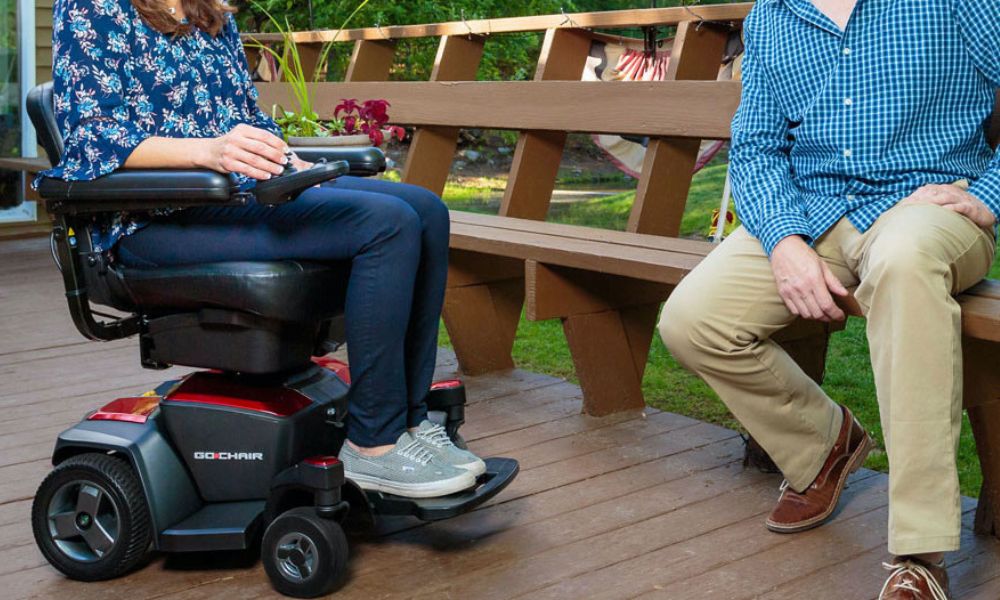
Choosing the right mobility device can greatly impact an individual’s quality of life. Mobility scooters and electric wheelchairs are popular options that offer increased independence and freedom of movement. But which one is right for you or your loved one? Read on to explore our quick guide to mobility scooters and electric wheelchairs.
Design and Comfort
Mobility scooters are designed with a comfortable seat, handlebars for steering, and a platform for the feet. They resemble a scooter and are often considered more visually appealing. On the other hand, electric wheelchairs have a more traditional wheelchair design, with a joystick for control and armrests for added support.
Maneuverability and Stability
Electric wheelchairs typically offer better maneuverability and stability, especially on uneven terrain or in tight spaces. Their compact design and smaller turning radius make them well-suited for indoor use. Mobility scooters, with their larger size and wider turning radius, are better suited for outdoor environments with fairly even surfaces and open spaces.
Weight Capacity and Speed
Generally, mobility scooters have a higher weight capacity than electric wheelchairs, making them a better option for individuals with larger frames. In terms of speed, mobility scooters are usually faster, allowing users to cover more ground in less time.
Portability and Storage
When it comes to portability, mobility scooters often have an edge. Many models are easily disassembled for transport, whereas electric wheelchairs tend to be bulkier and more challenging to dismantle. Although, some electric wheelchairs are designed with transportability in mind, so it’s essential to research specific models based on your requirements.
Cost and Insurance Coverage
Mobility scooters are generally more affordable than electric wheelchairs. However, insurance coverage varies between the two devices. Electric wheelchairs are often classified as durable medical equipment (DME) and are usually more likely to be covered by insurance, while mobility scooters are sometimes considered luxury items that insurance might cover at a lower rate.
Now that you know these key considerations regarding mobility scooters and electric wheelchairs, remember that the final decision depends entirely on an individual’s needs and preferences. Consider the factors mentioned above and consult with a healthcare professional to make the best choice for your unique situation.
